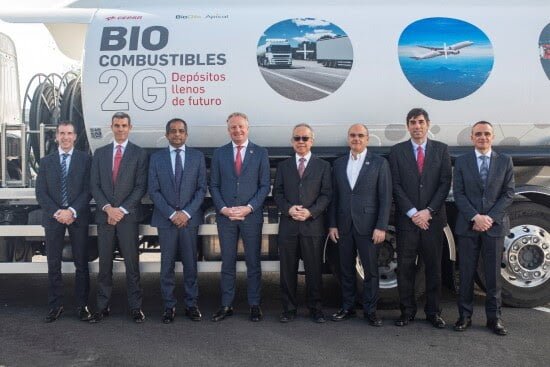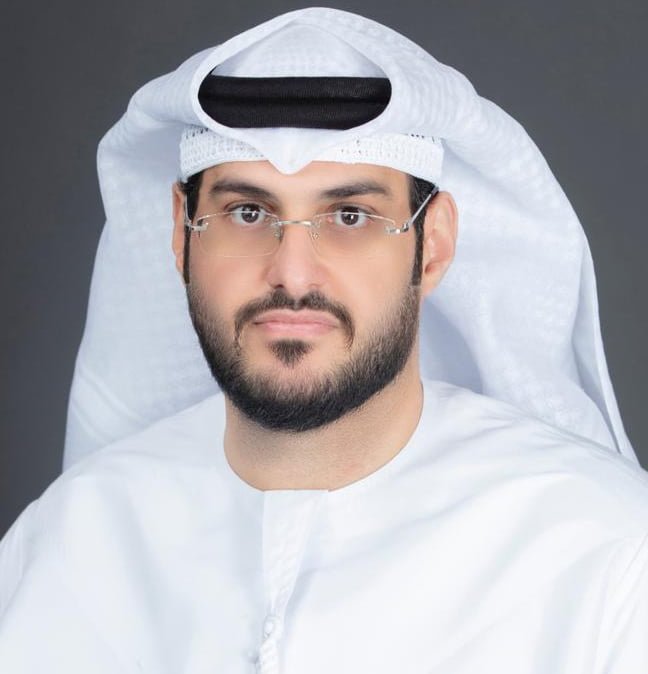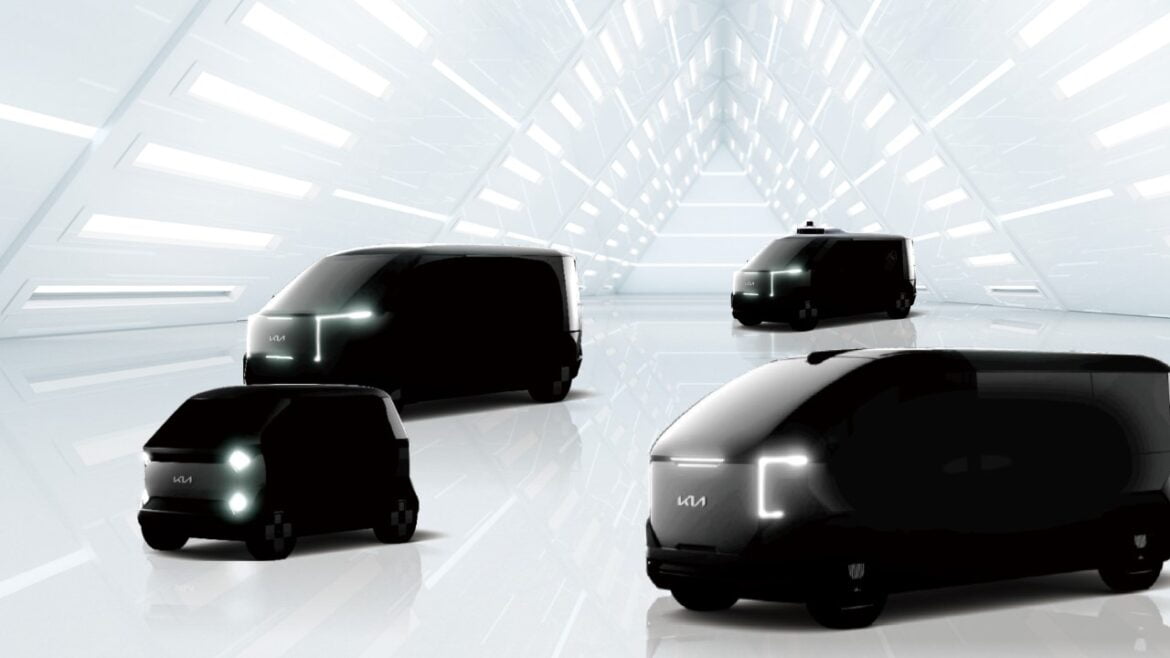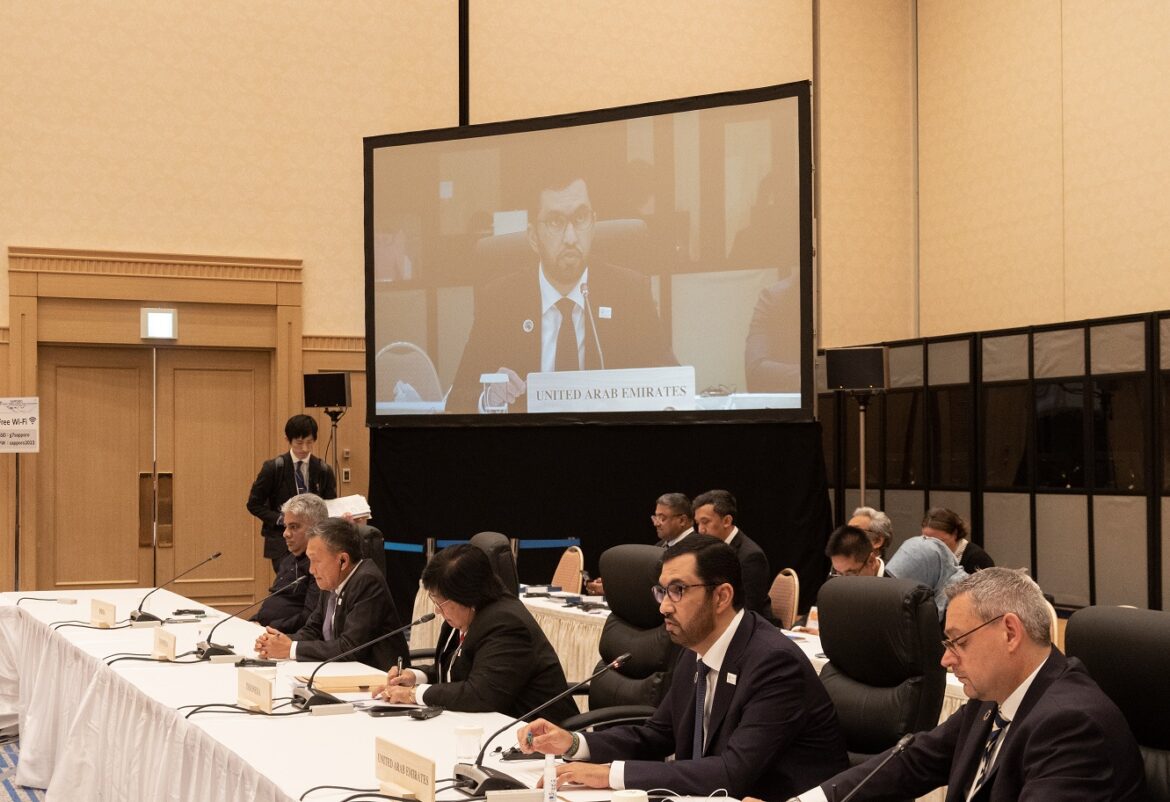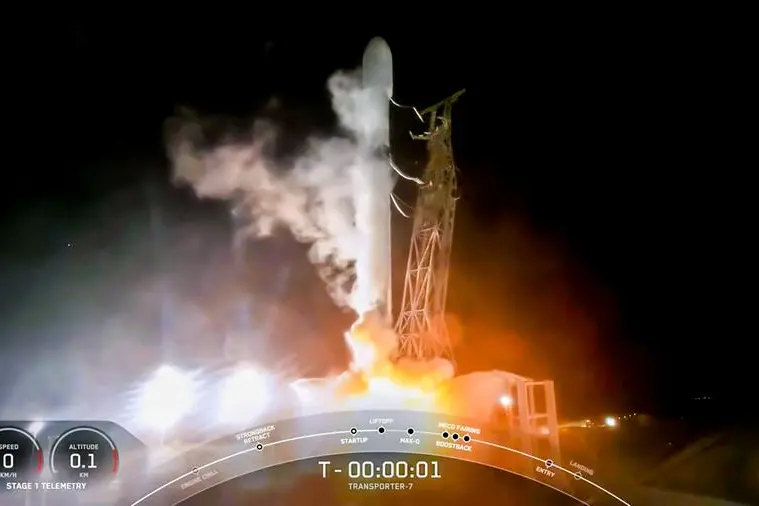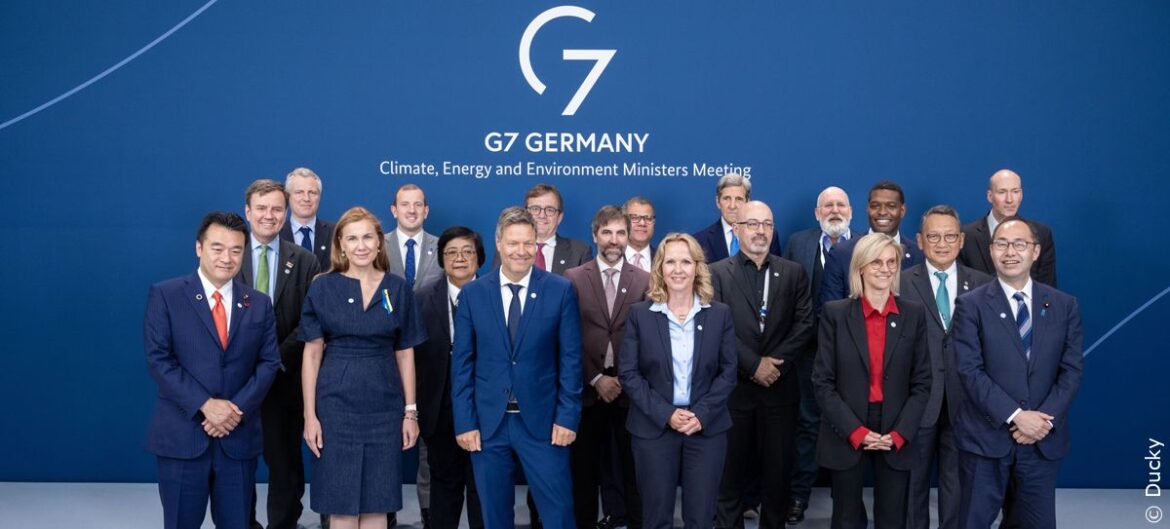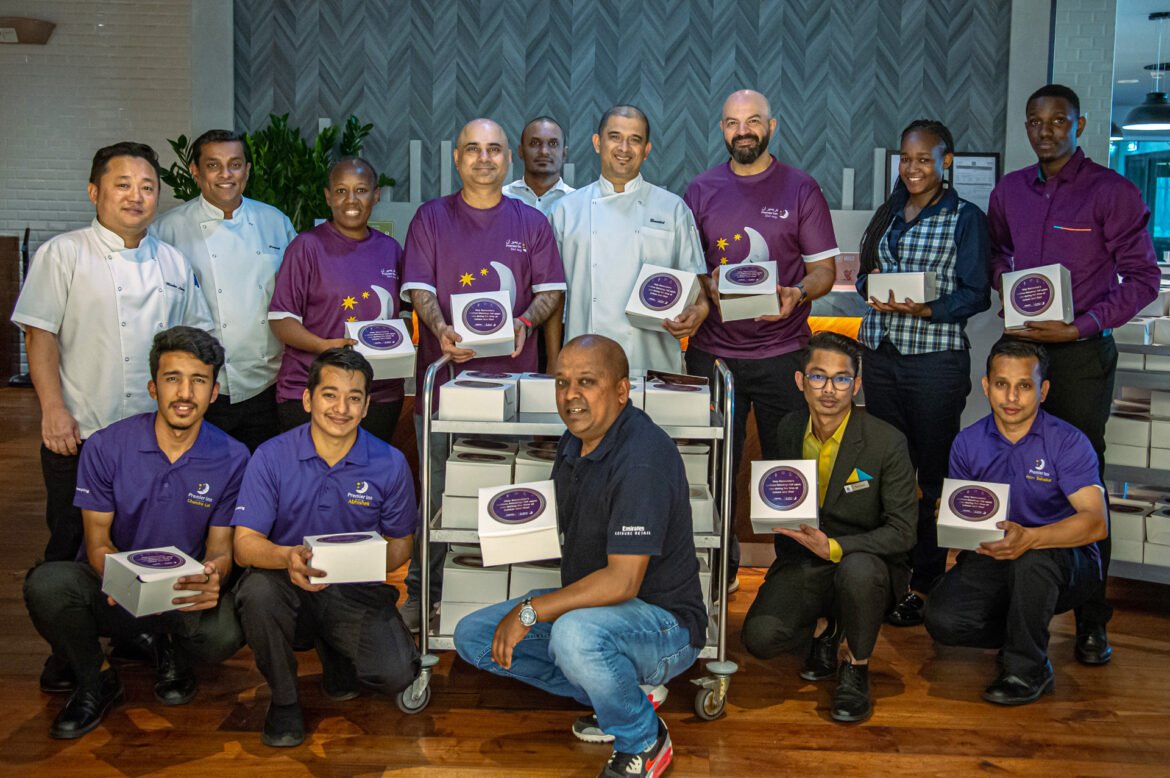Monthly Archives
April 2023
Apical’s entry to sustainable aviation fuels takes flight with Cepsa to build the largest 2G Biofuels plant in Southern Europe
written by Mohammad Ghazal
Apical, through its renewable energy subsidiary Bio-Oils located in Huelva, Spain, has established a joint venture with Cepsa to produce second generation (2G) biofuels by constructing the largest plant in southern Europe. The alliance marks Apical’s entry to the sustainable aviation fuels (SAF) market and a key milestone in RGE’s strategy to produce a range of fuels to decarbonise aviation, maritime and land transportation. Apical, a leading vegetable oil processor, is a member of the Singapore-headquartered RGE group of companies.
| The new joint venture was announced at La Rábida Energy Park with the participation of Juan Manuel Moreno Bonilla, President of the Regional Government of Andalusia; Maarten Wetselaar, Cepsa CEO (fourth from the left); Oscar Garcia, Bio-Oils CEO (second from the right); Dato’ Yeo How, President, Apical (fourth from the right); Pratheepan Karunagaran, Executive Director, Apical (third from the left); and Lamberto Gaggiotti, Head, Green Energy, Apical (first from the left). |
The new plant, which is scheduled to begin operation in H1 2026, can produce up to 500,000 tons of SAF and/or renewable diesel annually, enabling the reduction of CO2 emissions by up to 90 percent, as compared to traditional fuels.
SAF is often viewed as a tool to a zero-emissions future. However, the key global challenge to the production of SAF is access to feedstock (renewable waste and residue raw materials). As a large global integrated processor of vegetable oils, Apical is able to efficiently and sustainably extract waste and residue from its supply chain and its processes in a transparent and traceable manner.
Through the joint venture, the plant will secure the majority of its feedstock supply from Apical’s agricultural waste and residue through a global, long-term agreement. Cepsa will contribute its technical expertise and experience in the development of large industrial projects and fuel production; and knowledge of the European market and the decarbonisation goals of its customers in the transport sector. The facility will be located at Cepsa’s La Rábida Energy Park in the Spanish province of Huelva.
Dato’ Yeo How, President of Apical, said: “Apical’s ample supply of high quality second generation feedstock is key to ensuring that the new joint venture delivers on our shared vision to reduce greenhouse gas emissions across air, sea and land transport. The wider use of SAF and renewable diesel provides significant benefits on a global scale, both in terms of mitigating the effects of climate change and promoting sustainable economic growth. Apical, through Bio-Oils, will ensure the supply of raw materials and contribute our own expertise in biofuels production.”
The new facility will feature the latest technology for the production of second generation biofuels. Designed as a digital native plant, the new operation incorporates state-of-the-art technology including the latest industry advances in artificial intelligence, internet of things (IoT) and data analysis to maximise process efficiency, and ensure the highest standards of safety and environmental protection. By leveraging innovation, Apical is accelerating its sustainable operations in line with Apical2030’s Pillar 3 (Green Innovation) of its strategic sustainability roadmap.
Pratheepan Karunagaran, Executive Director, Apical, said: “Aviation emissions account for 2-3 percent of global energy-related CO2 emissions and are expected to grow by 300-700 percent by 2050[1]. To reduce the direct carbon emissions of flying, SAF can be an immediate solution. A next-generation low-carbon fuel produced from 100% renewable waste and residue raw materials, it works seamlessly with existing aircraft engines and fuelling infrastructure. As the availability of waste and residue grows in tandem with the expansion of Apical’s global footprint and capacities, we are able to create value-added partnerships for our waste stream in various parts of the world, especially in Asia.”
With regard to the development of the SAF industry in Asia, Pratheepan commented: “SAF in Asia has much potential for growth and development. The good news is: as more countries begin to recognise the importance of sustainable practices and environmental responsibility, there is likely a greater focus on promoting the adoption of SAF throughout the aviation industry,” he added.
Juan Manuel Moreno Bonilla, highlighted in his speech: “Cepsa has been investing in Huelva and Andalusia for almost 60 years and has been an active part and main player in the progress experienced in our land. Cepsa has made an outstanding contribution to our progress and to the creation of employment, with almost 8,000 direct and indirect jobs. Big bets like Cepsa’s confirm that we are on the right track.”
Maarten Wetselaar noted: “This alliance is a decisive step in our strategy to lead biofuels in Spain and Portugal and positions Andalusia as a European benchmark in sustainable energy production and circular economy. Second-generation biofuels are an immediate solution to support our customers’ energy as they can be used in conventional engines, while enabling local development and increased energy autonomy in Europe.”
Oscar Garcia said: “Cepsa has been Bio-Oils’ largest customer for many years. We share many operational advantages, such as the proximity and interconnection of our facilities and the use of the Reina Sofía berth for the charge and discharge of our products. This new joint venture is a natural evolution of our relationship”
Climate Ambassadors Host the First Batch of UAE’s University Students, Discuss Reduction of Worldwide Greenhouse Gas Emissions
written by Mohammad Ghazal
The Climate Ambassadors Programme (CAP) hosted 30 university students from across the country yesterday and discussed several climate-related issues, notably ways to reduce carbon and greenhouse gas emissions worldwide.
This event is part of a series of CAP sessions held in Expo City Dubai. The students came from several UAE universities, including the American University of Sharjah (AUS), the Higher Colleges of Technology (HCT), the Mohamed bin Zayed University of Artificial Intelligence, Zayed University, New York University Abu Dhabi (NYU), and Sorbonne University Abu Dhabi.
His Excellency Essa Al Hashmi, Assistant Under-Secretary of the Ministry for Sustainable Communities and Acting Assistant Under-Secretary for Green Development and Climate Change at the Ministry of Climate Change and Environment (MOCCAE), said: “The Climate Ambassadors Programme reflects our commitment to involving students and youth in the climate action system by familiarising them with the scale of global challenges to climate change, and leveraging their abilities and ideas to find solutions to those challenges.”
He added: “The Programme contributes to creating a new generation that believes in the importance of action and prioritises climate change to lead international, governmental, and societal efforts to address the biggest challenge in human history. We are pleased to welcome the first group of university students to the Programme and look forward to more productive sessions with other students until COP28 in the UAE later this year.”
The Climate Ambassadors Programme was designed to be a “Youth COP”, enabling them to assume the various roles and responsibilities of international stakeholders participating in COP28. As a result, yesterday’s CAP sessions witnessed a productive dialogue among the referred university students in the areas of carbon and greenhouse gas emissions and their impact on global warming, as well as the worsening of environmental disasters and threats to biodiversity and living organisms, in addition to the direct damage to human health and the economy, and the escalating adverse effects to food and water security in different parts of the world.
CAP allows students to join a simulation of a climate ambassadors negotiation session, where they play the role of ambassadors from a specific country and learn about the impact of climate change on that country. They then work with ambassadors from other countries to find the best possible solutions to combat climate change, develop the necessary action plans to achieve them and negotiate to reach a final agreement to approve them.
CAP is a collaboration between the Ministry of Climate Change and Environment (MOCCAE) and the Expo Schools Programme. It allows students from schools and universities in the UAE to represent the roles of climate negotiators participating in this year’s COP28 in Expo City Dubai.
The programme welcomes students from universities and schools from around the UAE. Several sessions will be held until November 2023, as part of the preparations for hosting COP28. For registration or more information, please click here.
Kia starts building facility for electric purpose-built vehicle (PBV) production
written by Mohammad Ghazal
Kiaheld a groundbreaking ceremony today for its dedicated plant for the production of battery-electric purpose-built vehicles (PBV). The ceremony was held at Kia’s Hwaseong plant, located in Gyeonggi Province, South Korea, and was attended by over 200 people, including government officials, Hyundai Motor Group Executive Chair Euisun Chung, Kia’s Global President and CEO Ho Sung Song, and other employees from Hyundai Motor Group and the automotive parts industry.
Kia President and CEO Ho Sung Song, on behalf of Hyundai Motor Group,highlighted in a greeting, “Hyundai Motor, Kia, and Hyundai MOBIS together plan to invest KRW 24 trillion in the domestic electric vehicle industry by 2030, with the goal of making South Korea one of the top three players in the global EV market. Our focus is to enhance the competitiveness of the entire electric vehicle ecosystem, including research and development, production, and infrastructure, and to lead the way in driving change and innovation in the new global automotive industry.”
Cutting-edge smart factory with annual production capacity of 150,000 units
Kia will invest around one trillion won (approximately USD 758 million) to secure 99,000 acres of land, with the company planning to start mass-production in the second half of 2025. It plans to produce 150,000 units in the first full year, with the potential to expand in line with future market conditions.
The new PBV plant will be built as an eco-friendly plant that applies future innovative manufacturing technologies while minimizing carbon emissions. It will also seek efficiency and intelligence with Hyundai Motor and Kia’s smart factory brand ‘E-FOREST technologies’ such as digital manufacturing systems.
One of the innovative manufacturing processes to be implemented at the new PBV plant is known as the ‘cellular (or cell) method,’ which allows vehicle production based on diverse customer demands.
The cell method is a process layout strategy that groups together machines or workstations that are used to produce similar products or parts. The goal of the cell method is to create a more efficient and flexible manufacturing process by reducing the distance that materials and products need to travel during production. Under the cell method, machines are arranged in a way that optimizes the flow of materials and products between workstations, with the aim of minimizing downtime, reducing costs and increasing productivity.
The PBV plant’s cutting-edge manufacturing system unifies the new cell method with the original mass-production conveyor system to allow flexible production with more customization of various product types.
In addition, the PBV plant will be built as a low-carbon factory by operating a dry booth, a nature-friendly construction method,during the painting process of vehicle manufacturing, and reducing carbon emissions by about 20 percent compared to existing factories by utilizing natural light and streamlining the manufacturing process.
Kia will also apply innovative technologies such as automation of facilities using machine learning and artificial intelligence (AI), automation of painting quality inspection under the vehicle, automation of installation of parts such as glass, vehicle name, and company logo, and real-time automatic measurement quality data analysis to autonomously correct and install the vehicle body in real time.
The new facility will be a ‘human-friendly’ plant by pushing automation in heavy-duty work and tasks that require looking up at the ceiling, while enhancing the feeling of ‘openness’ and also reducing noise levels.
First battery electric PBV production set for 2025
Kia plans to show SW (project name), the first model in the company’s dedicated PBV lineup, in 2025. The model will be a mid-sized PBV and will be based on the “eS” platform, a dedicated skateboard platform for battery electric PBVs, enabling various types of vehicle bodies to be flexibly combined.
SW has been developed to respond to various business demands such as delivery, ride hailing, and business-to-business(B2B)transactions thanks to its excellent load structure and spacious indoor space that reaches the height of an adult.
After launching the mid-sized SW PBV, Kia plans to expand its product lineupto large-sized PBVs that can be used for logistics, fresh food delivery, multi-seat shuttles, and mobile offices and stores as well as small-sized PBVs and mid-sized robotaxis applied with autonomous driving technology.
Hyundai Motor Group aims to be one of the world’s top 3 EV manufacturers by 2030
At the groundbreaking ceremony, Hyundai Motor Group also outlined its aim to become one of the world’s top three EV manufacturers by 2030 through the combined sales of Hyundai Motor, Kia and Genesis electric models.
The Group also announced that it plans to significantly expand the annual EV production in Korea to 1.51 million units and global volume to 3.64 million units by 2030. To enable such plans, Hyundai Motor and Kia, alongside with Hyundai MOBIS, plan to invest KRW 24 trillion(approximately 18 billion USD) in the EV sector domestically.
In 2030, Hyundai Motor Group will have a total lineup of 31 EV models, including models from Hyundai Motor, Kia, and luxury brand Genesis. Kia will launch EV9, its first three-row seat electric flagship SUV, this year and Hyundai Motor plans to launch the IONIQ 7 in 2024.
Hyundai Motor Group’slarge-scale investment aims to upgrade Korea’s EV ecosystem and strengthen its role as a hub for driving innovation in the global future automotive industry. It is also expected to promote a virtuous cycle of domestic EV production, R&D, infrastructure and related industries.
COP28 President-Designate calls on G7 Countries to deliver on practical and inclusive energy transition, backed by new deal on climate finance
written by Mohammad Ghazal
Dr. Sultan bin Ahmed Al Jaber, Minister of Industry and Advanced Technology and COP28 President-Designate, while attending a joint meeting of G7 Ministers of Climate, Energy and the Environment, called on G7 nations to lead by example in making climate finance more accessible, more available, and more affordable, and to support efforts to accelerate a pragmatic energy transition.
Speaking at the event, Dr. Al Jaber noted that world was falling behind on climate commitments, necessitating a massive course correction across mitigation, adaptation, loss and damage, and finance. He reiterated that the COP28 Presidency was keen to work with the G7 to deliver transformational change across each workstream.
“To get where we need to go, everyone must pull in the same direction. We must replace polarisation with partnership, division with determination. That is why I am calling for a COP of Action, a COP of Unity, a COP of Solidarity, and a COP for All. We must act together to ignite a transformational agenda that is pro-growth, pro-climate and leaves no-one behind.”
The Ministers’ Meeting on Climate, Energy and Environment is part of a series of G7 Ministers’ meetings being held in Japan this month, under the country’s Presidency of the G7, and ahead of the Summit in Hiroshima in May. Dr. Al Jaber held bilateral meetings with ministers from India, Indonesia, Japan, Canada, France, Germany, the UK, and the US, emphasising the need for more climate finance to enable a just energy transition in emerging economies.
Dr. Al Jaber called on G7 nations to deliver a new deal on climate finance to help accelerate climate action, from mitigation and adaptation to loss and damage.
“We must make a fairer deal for the Global South. Not enough is getting to the people and places that need it most. Developed countries first need to follow through on the US$100 billion pledge they made to developing countries over a decade ago.
“On top of that, the world needs to triple the amount of money by 2030 that is available for clean tech investment, adaptation finance and a just energy transition in emerging and developing countries. The fact is that climate finance is nowhere near available, affordable or accessible enough. We need fundamental reform of international financial institutions to achieve both climate and development goals,” he said.
The COP28 President-Designate emphasised that the world was at risk of missing the mark on the Paris Agreement and overshooting climate targets. He stressed the need for an accelerated, just, and pragmatic energy transition.
“We need to triple renewable capacity by 2030 and increase it sixfold by 2040. We need smart government regulation to incentivise and commercialise viable alternatives for high-emitting sectors, like hydrogen and carbon capture technologies. And we need to continue to make the energies the world relies on today as low carbon intensive as possible, ensuring energy security is maintained during a well-managed transition.
“Let’s remember that emissions are the enemy, not energy. We need maximum energy, minimum emissions to ensure sustainable economic and social development.”
Adding that climate finance was an impediment to delivering action, Dr. Sultan Al Jaber, who traveled to Japan from the World Bank’s Spring Meetings in Washington D.C, stressed the need to reform international financial institutions and deliver on the US$100 billion promised to developing countries.
“The global south is still waiting for developed economies to make good on the US$100 billion climate finance pledge made over a decade ago. And they are rightly calling for fundamental reforms of IFIs and MDBs.”
The COP28 President-Designate underscored the need for solidarity and unity in driving climate action, adding, “The transformational progress we need will only happen through complete inclusivity.
No one can be on the side-lines. COP 28 must unite North and South, Governments and Industry, Science and Civil Society. I am counting on you to pursue the policies and take the actions needed to deliver the climate deal of the decade. Let’s keep 1.5 alive. Let’s ensure sustainable economic and social growth for all our people. And let’s keep our eye on the prize, and that is holding back emissions, not progress.”
Dr. Al Jaber also met in Tokyo this week with Japan’s Prime Minister Fumio Kishida, and the Minister of Foreign Affairs Yoshimasa Hayashi, for discussions on climate action. During the meetings, Dr. Al Jaber highlighted the importance of building on the strategic partnership between the UAE and Japan, and the two nations’ bilateral commitment to accelerating the energy transition, ahead of COP28.
The COP28 President-Designate recognised the key role that Japan has played in advancing climate action, through the establishment of the Kyoto Protocol, the first international treaty to set legally binding targets to cut greenhouse gas emissions, in 1997.
“The Kyoto Protocol represents a historic landmark in the international fight against climate change – the awakening of the need for global climate action,” Dr. Al Jaber said. “Now, COP28 in the UAE must deliver that action. The Global Stocktake will show just how far off course we are on global progress, and we will need to respond with a plan of action that is inclusive, ambitious and bold. We need a COP of Action and a COP for All.”
Dubai Electricity and Water Authority (DEWA) has successfully launched its second nanosatellite DEWA SAT-2 aboard the Falcon 9 rocket of SpaceX from Vandenberg Space Force Base in California, USA.
The nanosatellite was designed and developed by Emiratis at DEWA’s Research and Development Centre, in collaboration with NanoAvionics in Lithuania. DEWA SAT-2, a 6U nanosatellite, features a high-resolution camera (4.7 metres) that will be used for Earth observation missions. The high-resolution camera provides continuous line-scan imaging in seven spectral bands from an approximately 500km orbit. The new satellite is also equipped with Infrared equipment to measure greenhouse gases.
His Excellency Saeed Mohammed Al Tayer, MD & CEO of DEWA, said DEWA’s Space-D programme, which was launched by His Highness Sheikh Mohammed bin Rashid Al Maktoum, Vice President and Prime Minister of the UAE and Ruler of Dubai, in January 2021, aims to improve the operations, maintenance and planning of DEWA’s networks through nanosatellites and remote sensing technologies. The programme also seeks to train Emiratis specialised in the use of space technologies in electricity and water networks.
Al Tayer noted that DEWA aims to use nanosatellite technology to support its cloud computing network, thereby enhancing the digitisation of energy and water networks. The objective is to raise the efficiency and effectiveness of planning, operation and preventive maintenance of the production, transmission and distribution divisions, as well as smart grids, power stations, and EV charging stations. This approach is expected to reduce costs and improve the investment of DEWA’s assets. Additionally, this will help develop use cases that contribute to upgrading the utility sector worldwide.
The combined use of DEWA SAT-2 images and IoT measurements from DEWA SAT-1 will enable DEWA to improve the operational performance of power generation and water desalination plants by providing accurate estimates of seawater temperature, seawater salinity, detection of red-tide, as well as fog monitoring and forecasting.
DEWA launched DEWA SAT-1 in January 2022, becoming the first utility in the world to use nanosatellites to improve operations, maintenance and planning of electricity and water networks. The nanosatellite was designed and developed at DEWA’s Research and Development Centre at the Mohammed bin Rashid Al Maktoum Solar Park.
G7 countries to discuss the essential contribution of nuclear energy to achieving climate and energy security
written by Mohammad Ghazal
The Nuclear Energy Forum, to be held in Sapporo, Japan, this weekend, will bring together industry leaders and senior governmental officials from G7 countries to discuss the essential contribution of nuclear energy to achieving climate and energy security, alongside the meeting of G7 Ministers on climate, energy and environment. The G7 climate, energy and environment ministers are scheduled to meet in Sapporo on April 15-16.
The Nuclear Energy Forum will also see the signing of a joint declaration by World Nuclear Association Director General Dr Sama Bilbao y León, alongside leaders of five other nuclear trade associations – Canadian Nuclear Association, Japan Atomic Industrial Forum, nucleareurope, Nuclear Energy Institute (US), and Nuclear Industry Association (UK).
The declaration will call on governments to support the long-term operation of existing nuclear power plants and accelerate the deployment of new nuclear power plants.
Speaking ahead of the Nuclear Energy Forum, Dr Sama Bilbao y León said; “A robust global supply chain is essential to enable nuclear energy to grow at the pace required to deliver climate and energy security. Governments should support international cooperation, the development of financial frameworks that incentivize investment in nuclear energy and streamlined international licensing and regulatory paradigms.”
Dr Sama Bilbao y León will lead the first panel discussion on nuclear energy’s contribution to climate security, with expert panellists from Canada, France, Germany, Japan and the United States.
Realiste has identified the 4 main reasons behind the rise of sustainable architecture in Dubai. As a leading proptech company specializing in AI solutions for the real estate industry, Realiste is at the forefront of tracking the latest trends and developments in the market. Through its extensive research and analysis, Realiste has identified the following factors contributing to the rise of sustainable architecture in Dubai.
- Government Initiatives: The UAE government has set a target of having 50% of all buildings in Dubai to be sustainable by 2030. To achieve this, the government has launched several initiatives to encourage sustainable building practices. According to a report by Dubai Carbon, Dubai’s green building regulations have resulted in a reduction of 1.4 million tonnes of carbon dioxide emissions and a savings of AED 4.5 billion in energy costs.
- Economic benefits: Sustainable architecture is not only good for the environment, but it also provides economic benefits. By incorporating energy-efficient features and renewable energy systems, buildings can significantly reduce their operating costs. This translates to lower utility bills, increased asset value, and higher rental yields. Additionally, sustainable buildings are becoming increasingly attractive to tenants who prioritize environmental sustainability.
- Innovation in sustainable technologies: Advances in technology have made sustainable architecture more accessible and cost-effective. For instance, solar panels, wind turbines, and geothermal systems are becoming more affordable, making it easier for developers to incorporate renewable energy systems in their buildings. Additionally, new materials and construction methods, such as 3D printing, are being developed to reduce waste and improve energy efficiency.
- Changing Social Attitudes: There has been a growing awareness and concern for environmental issues among consumers, which has resulted in a shift in demand towards more sustainable products and services. This trend is reflected in the real estate market, where tenants and buyers are increasingly seeking out sustainable buildings. In fact, according to a survey by YouGov, 70% of UAE residents are willing to pay more for environmentally friendly products and services.
About ‘Realiste’
Realiste is a proptech startup that develops AI-powered products for real estate investing. The company’s goal is to build the first real estate exchange that can help to identify the most profitable options in the market, allow purchase online within seconds directly from developers, and manage all the purchased assets in one place. In 2022, it was recognized as the leading artificial intelligence company in the UAE.
Realiste aims to revolutionize the real estate market in the MENA region by increasing its transparency and accessibility for investors worldwide. The company is confident that its AI-driven products can benefit not only the property investors but all parties involved, including government, property investors, construction companies, and banks, by streamlining and accelerating property deals.
The company’s headquarters are located in Dubai. Overall, Realiste covers over 20 cities, including London, New York, Riyadh, and Bangkok. By the end of 2023, the team aims to expand Realiste to more than 30 cities globally, partnering with local businesses that share the company’s vision and have an in-depth understanding of their markets.
In February 2023, Realiste officially launched a joint venture in Saudi Arabia with local partners, including Ahmed Alenazi, the former CEO of STC Pay, a successful fintech unicorn startup. This joint company was valued at $10M. Realiste plans to collaborate with local developers and banks in Saudi Arabia and digitalize 13 cities by the end of 2023.
The revenue in Dubai’s company stands at $1M, and the team aims to reach $30M by the end of 2023.
Premier Inn serves up thousands of Iftar meals in support of 1 Billion Meals Endowment campaign this Ramadan
written by Mohammad Ghazal
Premier Inn MENA is reinforcing its pledge to be a Force for Good in every aspect of its business and operations by providing thousands of meals for people in need this Ramadan.
Premier Inn hotels are supplying meals to families in the UAE and beyond in support of the 1 Billion Meals Endowment campaign, launched in March by His Highness Sheikh Mohammed Bin Rashed Al Maktoum, Vice President and Prime Minister of the UAE and Ruler of Dubai, with the aim of providing long-term assistance to those in need.
In Dubai, Premier Inn team members are working with Dubai Municipality, Dubai Police and the Dubai Civil Defence, handing out Iftar pack to drivers in traffic hotspots, and delivering hot meals directly to people’s homes.
Simon Leigh, Managing Director, Premier Inn MENA, said: “Premier Inn MENA is proud to support government initiatives and contribute to community wellbeing throughout the year, but especially during Ramadan when giving back becomes even more important. Our teams have sprung into action to support government initiatives like the 1 Billion Meals Campaign every Ramadan since we first established our brand here in 2008, growing and evolving their involvement year on year. It’s wonderful to see volunteers from our food and beverage, security and housekeeping teams once again taking care of those less fortunate than themselves this Holy Month.”
Premier Inn’s Ramadan meals initiative is spearheaded by Ibrahim Mandor, Cluster Security and Government Relations Manager, whose work over the last 15 years has led to personal commendations from the Dubai authorities.
“It’s an honour to support the government’s tremendous efforts to show compassion and give back to people in need. Over the years, we’ve been part of some amazing initiatives, including the Dubai Police Guinness World Record for the world’s largest Iftar table, which hosted more than 18,000 fasting workers. We have also participated in a food distribution drive in Amman, Jordan, in addition to our daily Iftar meals distribution which takes place every year here in Dubai. We have contributed to the 1 Billion Meals campaign since its launch in 2017, and hope to continue to do our part to combat and irradicate hunger this year and beyond,” he said.





